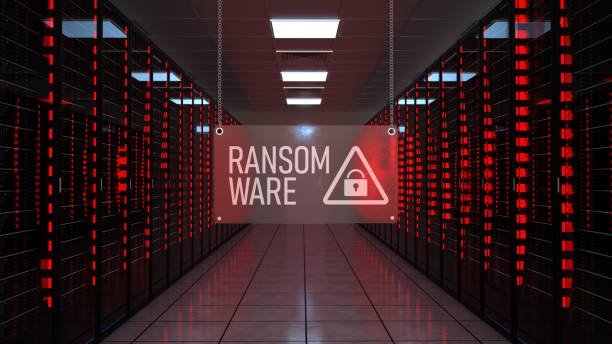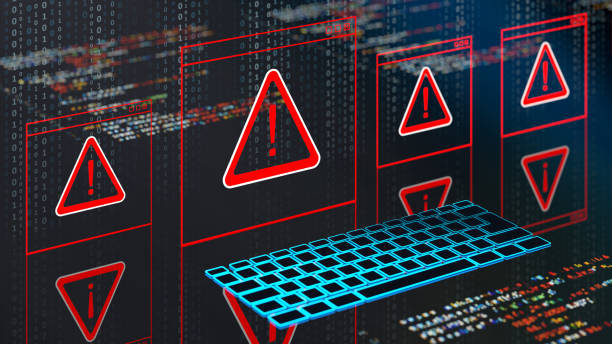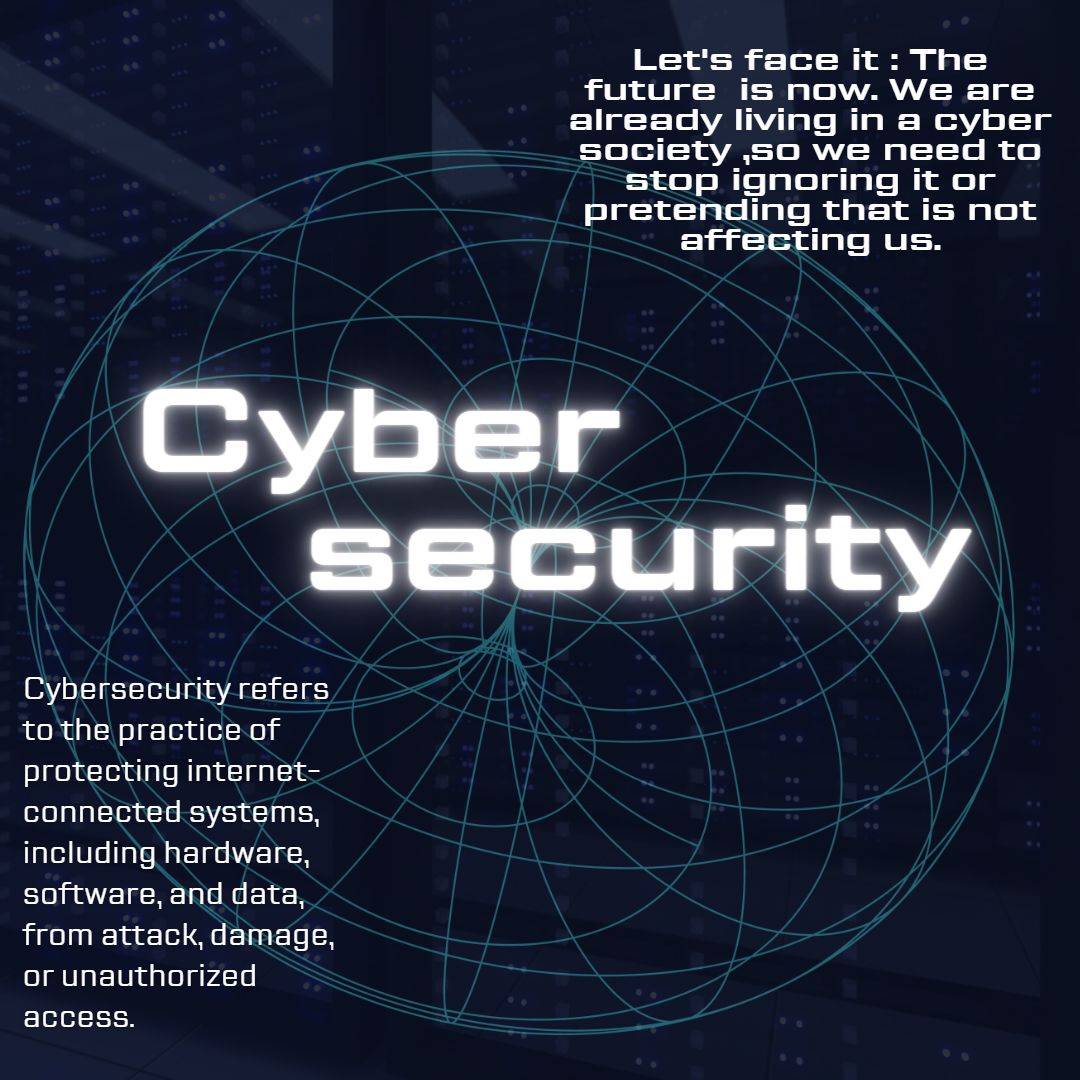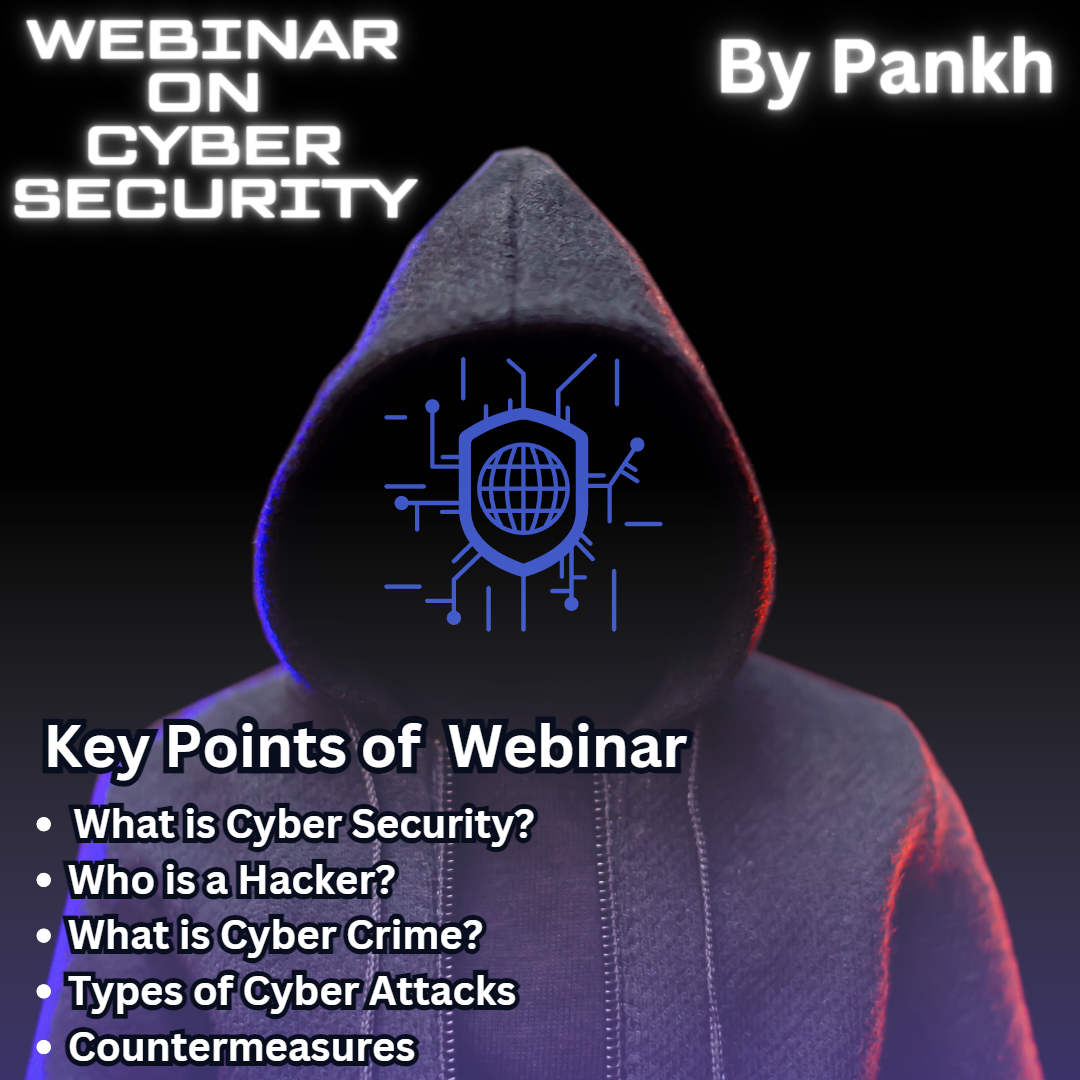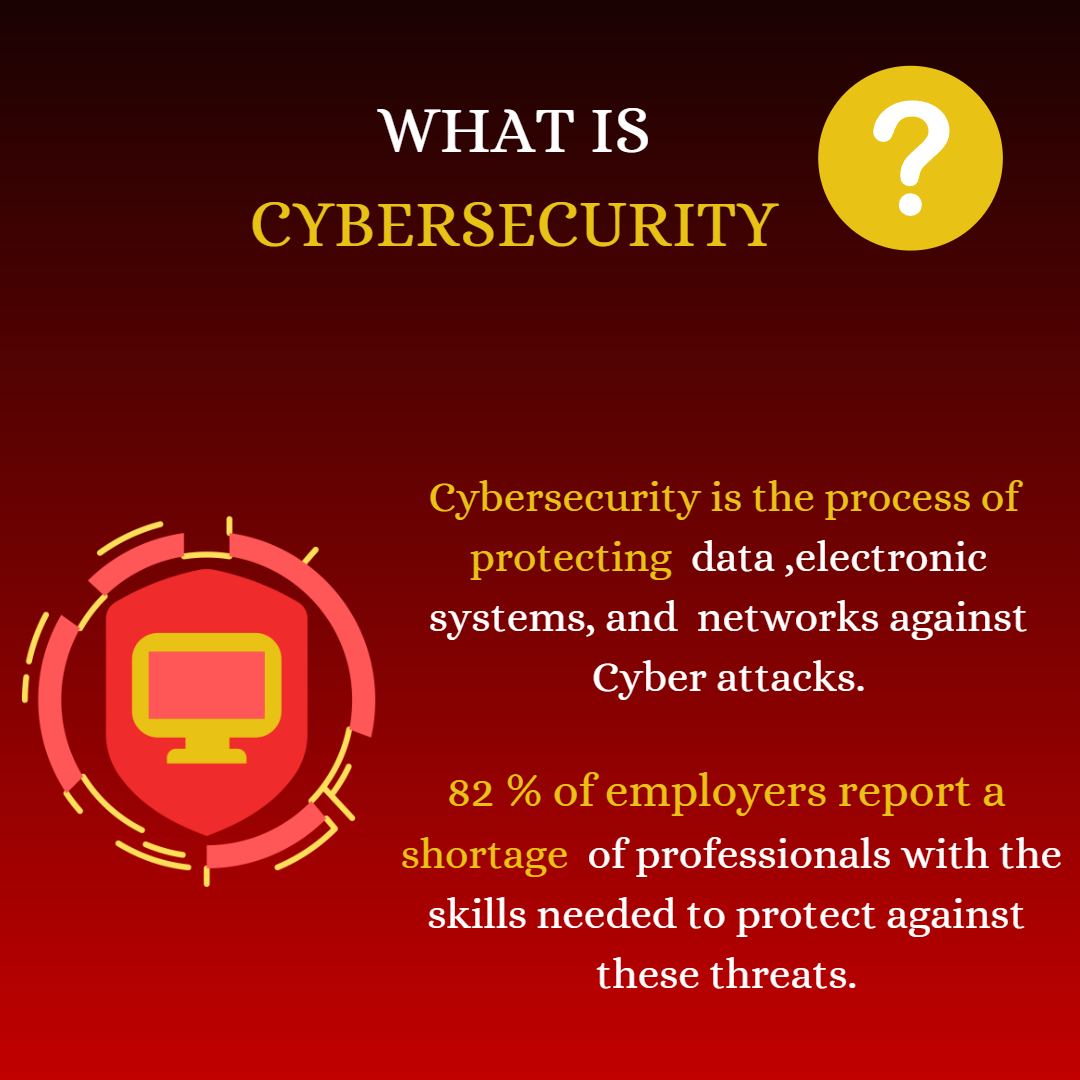The growth of cybercrime has been significant in recent years, driven by increasing digitalization and the expansion of online services. As more activities move online, the potential targets for cybercriminals have multiplied, leading to a rise in various types of cybercrimes. This, in turn, has spurred the demand for cybersecurity experts. Here’s a detailed look at the factors involved:
Growth of Cybercrime
Increased Digitalization: With the rise of internet usage, e-commerce, online banking, and remote work, more personal and sensitive information is being stored online. This creates more opportunities for cybercriminals to exploit vulnerabilities.
Sophistication of Attacks: Cyberattacks have become more sophisticated and targeted. Techniques such as phishing, ransomware, and advanced persistent threats (APTs) are increasingly used to steal data, disrupt services, and extort money.
IoT and Connected Devices: The proliferation of Internet of Things (IoT) devices has expanded the attack surface. Many of these devices lack robust security measures, making them easy targets for cybercriminals.
Growth of Cybercrime-as-a-Service: The underground economy has grown, with cybercrime tools and services being sold or rented out. This lowers the barrier to entry for potential cybercriminals.
Regulatory Environment: Stricter regulations around data protection (e.g., GDPR) have increased the visibility of cybercrime incidents as organizations are required to report breaches.


Demand for Cybersecurity Experts
Protecting Data and Privacy: Organizations need experts to protect sensitive information from being stolen or compromised. This includes personal data, financial information, and intellectual property.
Mitigating Financial Losses: Cyberattacks can result in significant financial losses due to business disruption, legal penalties, and loss of customer trust. Cybersecurity experts help mitigate these risks.
Compliance and Regulations: Compliance with laws and regulations related to data protection and cybersecurity is crucial. Experts ensure that organizations meet these requirements and avoid legal repercussions.
Incident Response and Recovery: Cybersecurity professionals are essential for incident response and recovery. They identify breaches, mitigate damage, and restore normal operations.
Proactive Security Measures: Beyond reactive measures, cybersecurity experts are needed to implement proactive strategies such as threat hunting, penetration testing, and security audits to prevent attacks.
Emerging Technologies: As new technologies like AI, machine learning, and blockchain evolve, cybersecurity experts are required to secure these technologies against potential threats.
Job Market and Career Opportunities
The demand for cybersecurity professionals is outpacing supply, leading to a talent shortage in the industry. Some key roles in high demand include:
- Security Analysts: Monitor and investigate security incidents.
- Security Engineers: Design and implement secure systems.
- Penetration Testers: Identify and exploit vulnerabilities in systems.
- Incident Responders: Manage and mitigate security breaches.
- Chief Information Security Officers (CISOs): Oversee an organization’s cybersecurity strategy.
- Threat Intelligence Analysts: Analyze and respond to emerging threats.
Conclusion
The growth of cybercrime is driving an increasing demand for cybersecurity experts across various sectors. Organizations need skilled professionals to protect their digital assets, ensure compliance, and maintain trust with customers. As cyber threats continue to evolve, the need for knowledgeable and adaptive cybersecurity experts will remain critical.



